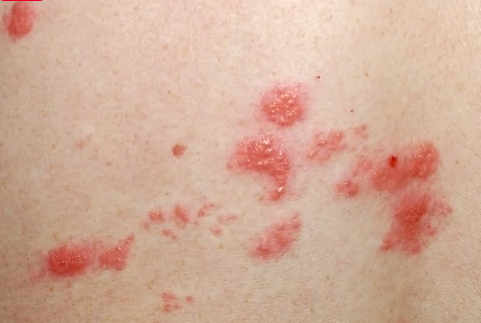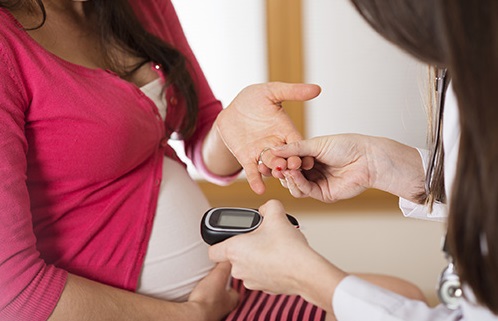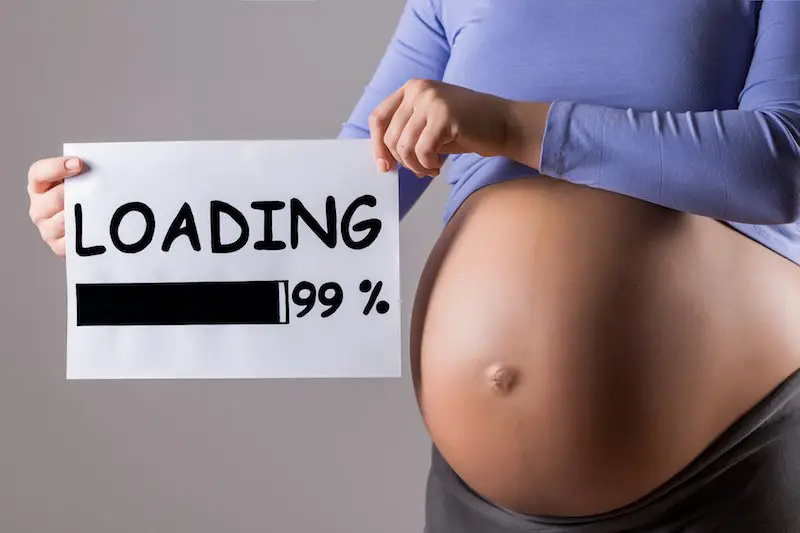Introduction
Navigating the aftermath of a miscarriage can be a challenging time, physically and emotionally. One important aspect of recovery is ensuring that your body receives the necessary nutrients for healing. This guide provides information about what to eat after a miscarriage to aid in your recovery journey.
Understanding Miscarriage and its Impact on the Body
A miscarriage, defined as the spontaneous loss of a pregnancy before the 20th week, can happen for various reasons, many of which are out of our control. This event can take a toll on the body, depleting it of essential nutrients while also impacting emotional well-being. Understanding the importance of the recovery period and self-care can make a significant difference in your healing process.
Read More:
Can Watermelon Cause Miscarriage?
Can Cucumber Cause Miscarriage? A Comprehensive Exploration
Can Chlorophyll Cause Miscarriage? Unraveling the Truth
Can Too Much Salt Cause Miscarriage?
The Role of Nutrition in Post-Miscarriage Recovery
Nutrition plays a vital role in recovering from a miscarriage. Consuming a balanced diet filled with essential nutrients can aid in restoring the body’s balance, promoting physical healing, and supporting emotional well-being. It’s important to be mindful of potential dietary considerations during this time to help your body regain its strength.
Recommended Foods and Nutrients Post-Miscarriage
After a miscarriage, focusing on nutrient-rich foods can aid recovery. Here are some suggestions:
- Iron-rich foods: Lean meats, poultry, fish, leafy green vegetables, and fortified cereals can replenish iron stores and combat fatigue.
- Protein sources: Foods like eggs, nuts, and tofu provide protein needed for tissue repair.
- Vitamin C foods: Fruits such as oranges, strawberries, and bell peppers can aid in iron absorption and boost the immune system.
- Whole grains: Foods like oatmeal, brown rice, and whole wheat bread provide energy and essential fiber.
- Healthy fats: Avocado, olive oil, and nuts can offer essential fatty acids vital for hormone regulation.
Hydration and Exercise
Staying hydrated is key, aiding in nutrient absorption and detoxification. Gentle exercises like walking or yoga can also be beneficial, boosting mood and aiding physical recovery. Always consult your healthcare provider before starting any new exercise regimen.
Emotional Well-being and Support
A miscarriage can take a heavy emotional toll. It’s crucial to seek mental health support if needed and give yourself permission to grieve. Connecting with supportive friends, family, or professional counselors can be incredibly healing during this time.
Frequently Asked Questions
- What should I avoid eating after a miscarriage? Generally, avoiding heavily processed foods, excessive caffeine, and alcohol can aid in a healthy recovery.
- How long does it take for your body to recover after a miscarriage? Recovery time varies for each individual. Some may physically recover within a few weeks, while others may take longer. Emotional recovery may take additional time, and it’s essential to seek help if needed.
- Can diet prevent future miscarriages? While a healthy diet can contribute to overall well-being and fertility, it’s important to note that most miscarriages are due to factors beyond control, like genetic abnormalities.
Final Words
Remember, it’s crucial to prioritize your well-being and take time for recovery after a miscarriage. While nourishing your body with a balanced diet is important, so is caring for your emotional health. Always consult your healthcare provider for personalized advice, and lean on your support network during this time. You’re not alone, and with time and care, you will heal.






